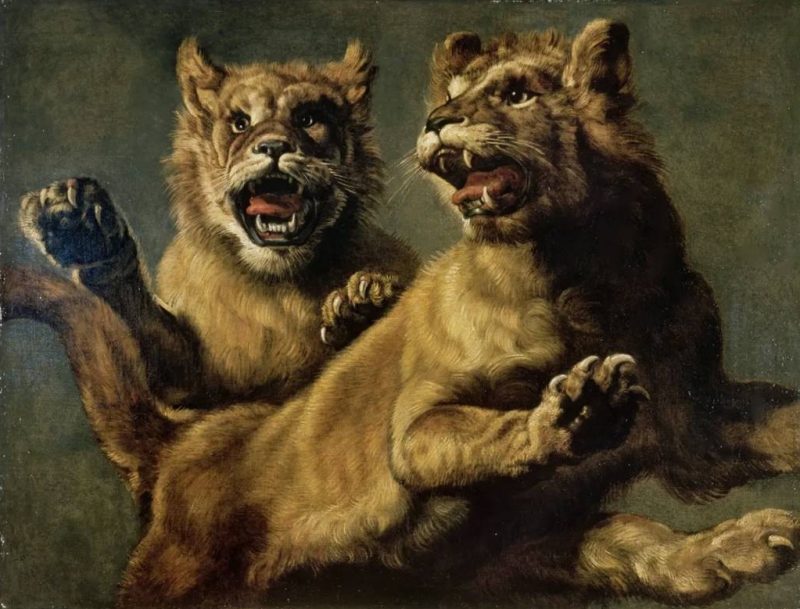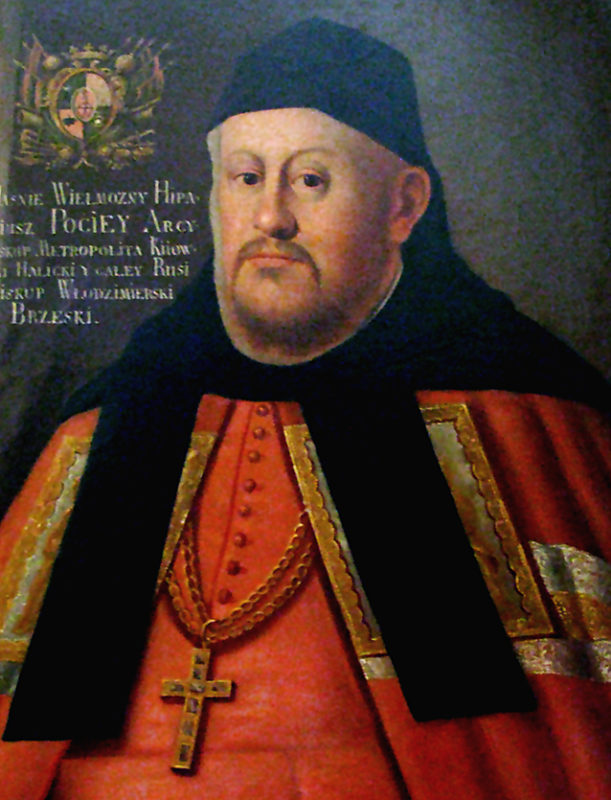After he spoke of peace, Babiš was criticized by representatives of the government and the defense minister, who recalled Article 5 of the North Atlantic Treaty
The second round of presidential elections in the Czech Republic ended with the victory of Petr Pavel, who got 58.32% of the vote against 41.67% for his rival, Andrej Babiš. The turnout in the second round was over 70%.
It should be noted that the differences in the ratings of the candidates increased by the second round. In the first round, which took place on January 13 and 14, Pavel received 35.4% of votes, compared with 34.99% for Babiš.
The voting results show that that Czech society has opted for military cooperation with NATO, rejecting a president who promised a more or less peaceful and tranquil life. Or, to put it this way, the war party triumphed over the peace party.
Among other things, it is obvious that this choice was made on the basis of the ongoing global processes, and especially because of the conflict in Ukraine, which is now a kind of core around which internal political events and decisions in Europe are being formed.
Petr Pavel’s career is inextricably linked to the army. At the top of this career, he held the highest military post in NATO – the post of chairman of the NATO Military Committee, and he was also the chief of the Czech Army General Staff. The former general was opposed by the country’s former prime minister and billionaire Andrej Babiš. The contrast between peace and war is quite clear. If one recalls the issue that negatively affected the popularity of Babiš before the second round, this contrast becomes even clearer.
At the televised debate on January 23, when the host asked if he would send Czech soldiers to Poland or the Baltic states if they were attacked, Andrej Babiš replied, “No, definitely not. I want peace, I do not want war. And I will never send our children and our women’s children to war.”
At this point, one could say that Babiš lost the election because he did not guess the aspirations of society.
Naturally, after these words, Babiš was harshly criticized by government officials and the defense minister, who recalled Article 5 of the North Atlantic Treaty, as well as the principle of “one for all and all for one.”
“The government knows this, the majority of society, which supports membership in the alliance, knows this. MP Babiš should know this too, because it is a key security guarantee for the Czech Republic,” Defense Minister Jana Černochová said.
And the current deputy prime minister and interior minister called Babiš a populist candidate who has no right to violate such important agreements.
Thus, as a result of the election, one of the most anti-Russian European countries got a former NATO general as president. Of course, as Konstantin Kosachev, speaker of the Russian Council of the Federation, noted, the ability of the Czech president is not unlimited.
Nevertheless, the Czech rhetoric towards Russia will become harsher. Besides, it is necessary to understand that Czech society has made its choice in favor of militarization in the confrontation between Russia and the West, which is taking place in Ukraine.
Presidential elections, like elections in general, are always an information battle and a battle of images. The Czechs were offered two images: an image of peace and an image of war. The Czechs chose the image of war, which means that in the future they are ready to supply Ukraine not only with equipment but also with manpower. It is also worth expecting a build-up of anti-Russian sentiment in society.
Czech society will be prepared to apply not in words but in deeds the 5th article of the NATO treaty. After all, sooner or later, not only equipment, but also manpower will start to come to Ukraine. With something or someone, the West will probably replenish it. Understanding this, the Czech society was invited to make its choice – and it made it.
Source: Rossa Primavera News Agency




